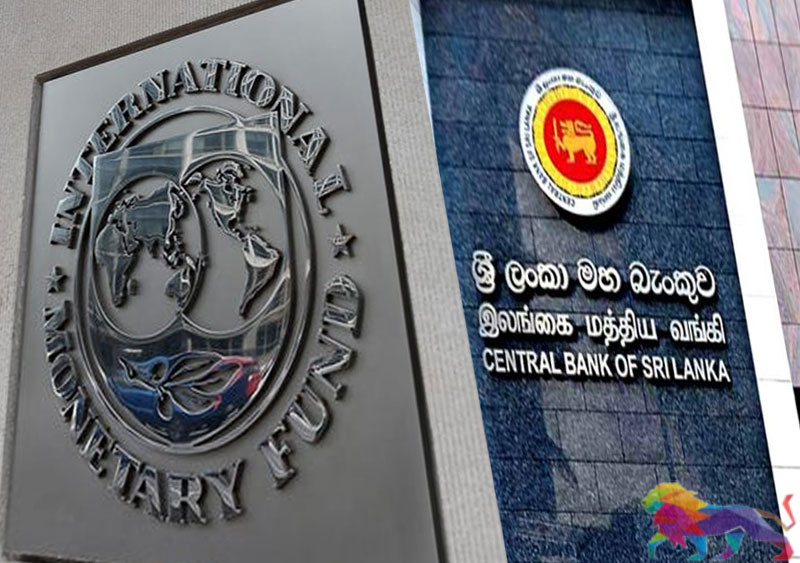Sri Lanka is facing delays in its debt restructuring process, as the debt advisors required for this purpose are yet to be appointed by the Government due to the absence of a full Cabinet of Ministers, according to Former Minister of Finance and incumbent MP M.U.M. Ali Sabry (PC).
During a parliament session yesterday (18), MP Sabry stated that even though the country has finalised its Request For Proposals (RFPs) for the appointment of debt restructuring advisors to aid the ailing economy after a recent default, the final approval lies with the Cabinet of Ministers’ approval to finalise an appointment.
“The RFPs are finalised. A Steering Committee and a Technical Committee are appointed. However, the authority that appoints debt advisors is the Cabinet. But we still do not have a complete Cabinet, and therefore, the Cabinet was not able to hold a meeting,” he stated.
Sabry made this statement in response to a question raised by Samagi Jana Balawegaya MP Dr. Harsha de Silva on the status of the said appointment of debt advisors.
Sabry further stated that the Central Bank Governor and the Treasury Secretary had also noted that their recommendations on the appointment of debt advisors had been finalised, although this, too, needed Cabinet approval.
“Following Cabinet approval, we should be able to appoint the advisors. As soon as that happens, we will be able to negotiate with the bond holders and others,” clarified Sabry.
Dr. de Silva stated that Sri Lanka is facing a “hard” default for the first time in its history, with it being unable to repay its upcoming debt obligations, adding that Sri Lanka’s 30-day grace period for its first defaulted payment ended yesterday.
According to Business Standard, Sri Lanka has already said it is unable to make the coupon payments in this regard, and its 30-day grace period came to an end yesterday.
“When one debt is defaulted, it affects the repayment of the rest of the debt, creating a domino effect. In the coming 12 months, approximately, $ 5.5 billion needs to be paid,” Dr. de Silva stated.
Sabry noted that it is “extremely” difficult to settle the upcoming International Sovereign Bond (ISB) payment of $ 1 billion, as the country is dealing with national issues, both economic and political, that require immediate solutions.
He added that except for multilateral lending facilities, including ISBs, Sri Lanka had decided on 12 April 2022 to not to pay any of its debts.
“The reason behind the decision was that there is no option left. It is because by 18 April, we were due to pay $ 78 million, and another $ 105 million was due to be paid to a Chinese bank. After informing the President, the Opposition party, the Prime Minister, and even international experts, we thought it would be better to announce the default instead of making a hard default,” Sabry added.
Adding to these statements, Prime Minister Ranil Wickremesinghe stated that whether debt payments amounted to $ 1 billion or $ 10 billion, not even $ 1 million is available with the Treasury to furnish these payments.
Tainting its unblemished track record of timely servicing its external financing obligations since Independence, the Sri Lankan Government on 12 April announced that it would be suspending the debt servicing of selected debts, amidst what is considered the worst economic crisis the country has ever endured.
In the defaulting statement, the Ministry of Finance stated that it would opt for an orderly and consensual restructuring of these debt obligations in a manner consistent with an economic adjustment programme supported by the International Monetary Fund (IMF).


